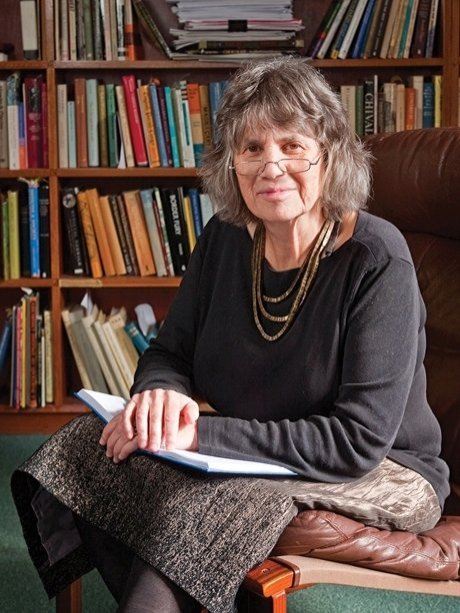Philippa’s vast knowledge, experience and practical skills enlivened history teaching at all levels-from first year (a special love of hers) to PhD supervision. She was a dynamic chair of history and head of the School of Humanities, and a wise friend to countless students and staff. She served on numerous senior committees, including the UWA Senate and the UWA Academic Staff Association, and was an active member of the Australian and New Zealand Association for Medieval and Early Modern Studies and the Australian Research Council Network for Early European Research. Philippa was an “open door” administrator and inspiring leader. Former students, by no means all her own, speak highly of her approachability, sense of fun, and above all her infectious passion for the humanities.
 Philippa’s warmth, vision and broad cultural interests led to numerous collaborations with scholars in different fields, both at UWA and on the national and international scene. She was the founding director of the Australian Research Council Centre of Excellence for the History of Emotions, Europe 1100-1800. She ran this multi-university enterprise exuding her collaborative ethos to bring together scholars from widely diverse disciplines and traditions, by instilling a strong focus on its role in assisting younger scholars to get a start in the Centre through its postdoctoral fellowship scheme. She had a deep commitment to helping the new generation of humanities researchers and created the conditions for a temperate ecology that allowed all to flourish.
Philippa’s warmth, vision and broad cultural interests led to numerous collaborations with scholars in different fields, both at UWA and on the national and international scene. She was the founding director of the Australian Research Council Centre of Excellence for the History of Emotions, Europe 1100-1800. She ran this multi-university enterprise exuding her collaborative ethos to bring together scholars from widely diverse disciplines and traditions, by instilling a strong focus on its role in assisting younger scholars to get a start in the Centre through its postdoctoral fellowship scheme. She had a deep commitment to helping the new generation of humanities researchers and created the conditions for a temperate ecology that allowed all to flourish.

